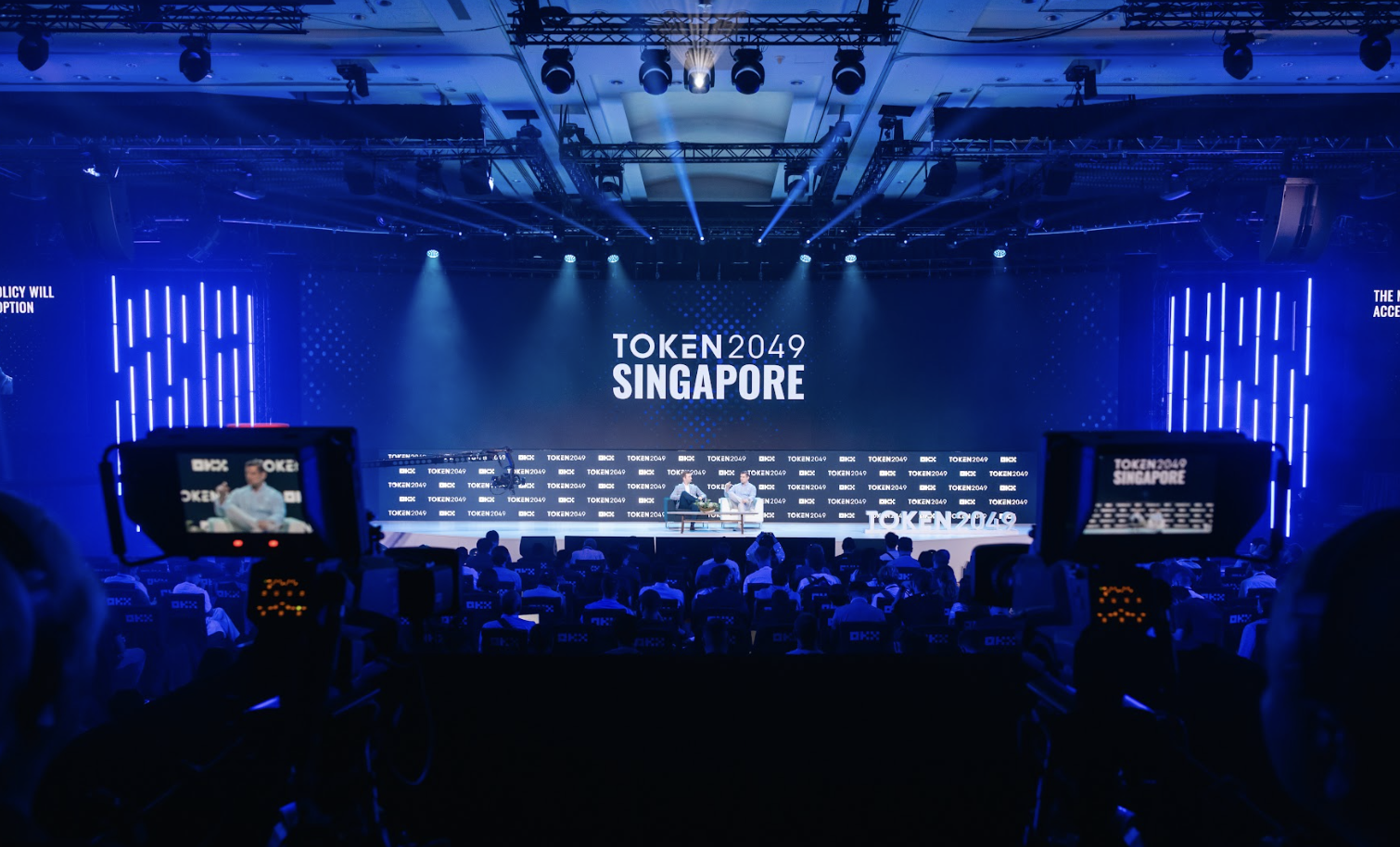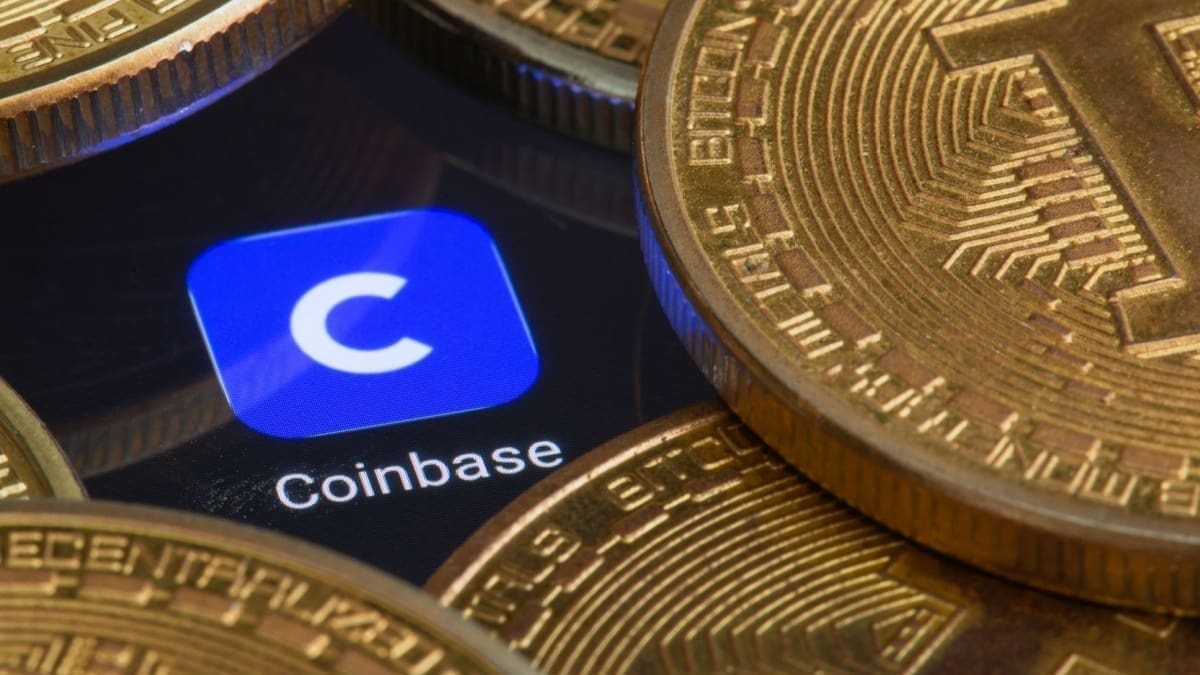The Complexity of Sanctions and Cryptocurrency
In a striking demonstration of the blurred lines between international sanctions and financial innovation, a controversial stablecoin linked to the Russian government, A7A5, drew attention by sponsoring Token2049, Singapore’s largest crypto event. This sponsorship has sparked conversations about compliance in the global financial landscape, especially as countries navigate their own regulations regarding Russia amidst ongoing geopolitical tensions.
A7A5 and Its Controversial Sponsorship
A7A5, a stablecoin pegged to the Russian ruble, has emerged as a significant player despite being associated with sanctioned entities, namely Promsvyazbank (PSB), which has faced restrictions from Western nations due to its involvement in the Russian defense sector. This situation raises critical questions about how businesses can circumvent sanctions while maintaining operations in different jurisdictions.
Oleg Ogienko, the director for regulation and international affairs at A7A5, took the stage at Token2049, delivering a message that stood in stark contrast to the comments made earlier by Bo Hines, the previous Crypto Policy Director of the White House and current representative of Tether. Hines praised Tether’s USDT stablecoin for its role in fortifying the US dollar’s dominance, while Ogienko emphasized the viability of his own stablecoin, raising eyebrows among attendees.
Singapore’s Shift in Policy
The backdrop of this event is Singapore’s decisive pivot from historical neutrality. Following Russia’s invasion of Ukraine, the Monetary Authority of Singapore (MAS) issued notices banning local financial institutions from engaging in business with major Russian banks including PSB. This marked a significant shift, as Singapore aligned itself with Western sanctions against entities involved in financing defense-related activities.
Such measures mean that any entity regulated by MAS is prohibited from facilitating transactions that involve A7A5. The fact that A7A5 managed to sponsor Token2049 raises eyebrows regarding compliance and the effectiveness of global sanctions.
Mixed Reactions from the Crypto Community
The presence of A7A5 at such a prominent event sent ripples through the crypto community, with various companies expressing concern about associating their brands with a sanctioned entity. One executive termed the appearance a “compliance nightmare,” highlighting fears about potential repercussions. Notably, even as A7A5’s sponsorship was prominently displayed on social media, it was removed from official advertiser listings by the event organizers, BOB Group, which operates under the legislative framework of Hong Kong where relationships with Russia are less constrained than in the West.
Conclusion: The Road Ahead
The situation reflects a growing trend where global financial systems are increasingly interlinked, challenging the effectiveness of sanctions. As cryptocurrencies become more mainstream, the implications for compliance and regulatory frameworks grow more complex. Stakeholders in the industry must navigate these challenges carefully, as the definition of compliance evolves in response to geopolitical pressures. The story of A7A5 serves as a case study for how cryptocurrency-related entities may operate in this intricate environment.



